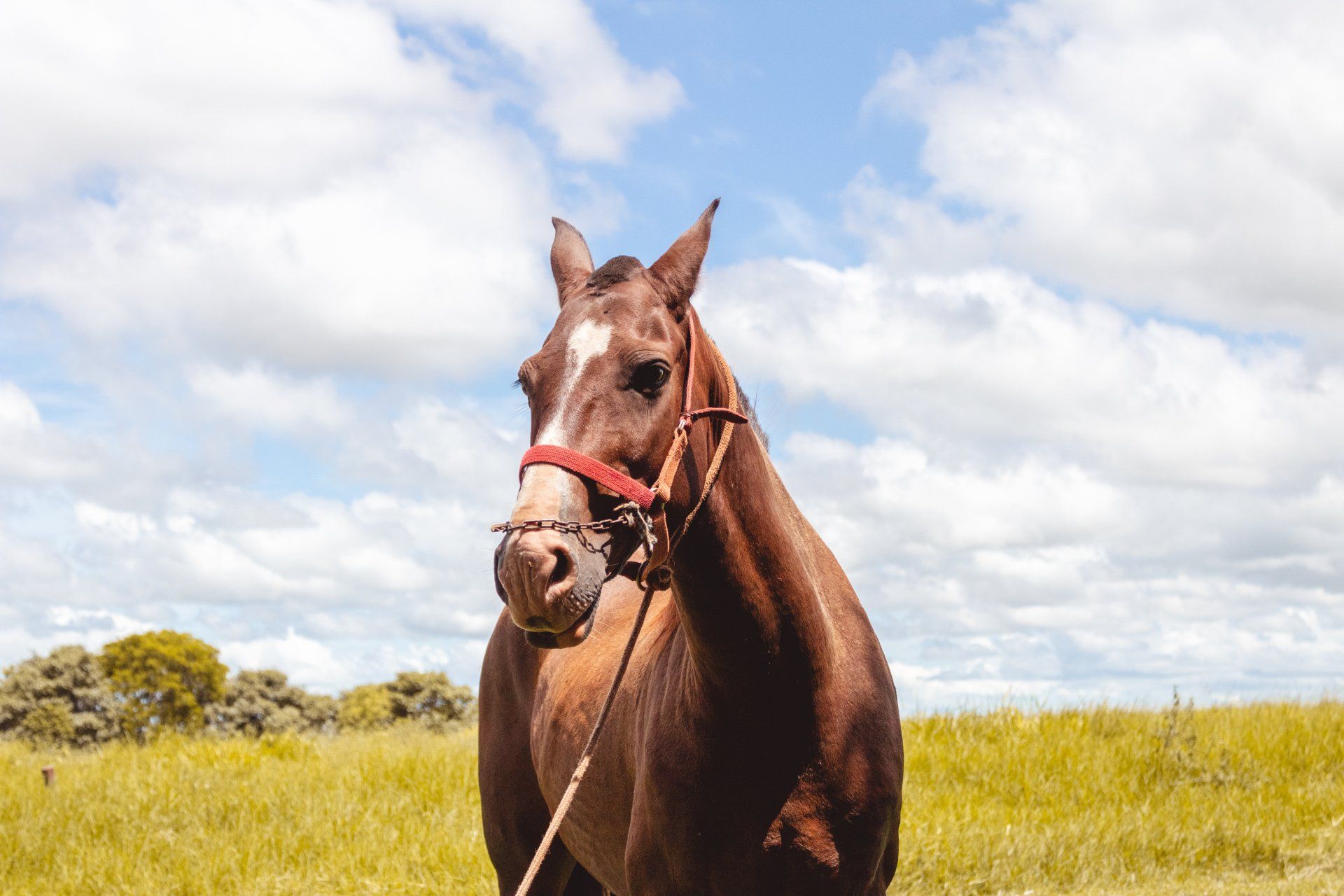Food Allergies (Cutaneous Food Reactions)
Food Allergies
Cutaneous adverse food reactions, also known as food allergies, are a very common differential in dogs and cats with skin conditions that present year round. Signs of food allergies can present very similar to another common skin condition, atopic dermatitis (atopy). Food allergies and atopy have many common symptoms such as ear infections, itchy skin, hives, greasy hair coat, and excessive licking of the paws.
The exact pathogenesis is not completely understood and there are multiple classifications of a food allergy. The most common mechanism is from a hypersensitivity to a certain ingredient. Beef, dairy, wheat, lamb, chicken, corn, wheat and soy are the most common allergens and a sensitivity to multiple allergens are common. Food allergies can show up in as early as 5 months of age and as late as 12 years old. Unfortunately, your dog can be on the same food and still develop an allergy to an ingredient 5 years later.
There is no true test to diagnose food allergies, therefore, the prevalence is unknown. A response to a veterinary dietary restriction trial is often incomplete due to poor compliance. An intradermal skin test and blood test are available to diagnose inhalant allergies, but is ineffective for food allergies. Certain dog breeds are predisposed, including the American cocker spaniel, boxer, Shar pei, collie, dachshund, dalmation, English springer spaniel, german shepherd, golden retriever, lhasa apso, miniature schnauzer, poodle, pug, Rhodesian ridgeback, and west highland white terrier.
The dietary restriction trial is recommended for 10-12 weeks with a hydrolyzed protein diet or a diet restricted to one protein and one carbohydrate in which the animal has had no previous exposure. Improvement may be seen sooner but 10-12 weeks is recommended. Treats, chewable toys, and flavored medications (heartworm prevention) must be avoided during the food trial. If the patient improves on the elimination diet, a challenge with his or her old food may be given. If the signs return, that confirms that something in the diet is causing the signs.
If you think your dog may be experiencing signs of a food allergy and could benefit from a food trial, please consult our office.












